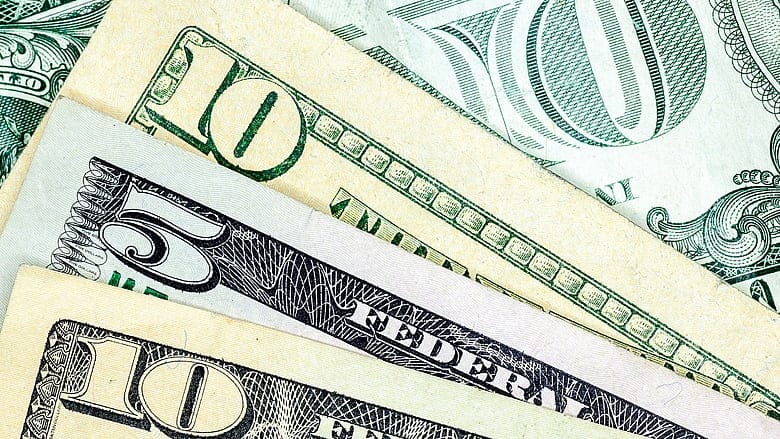‘Fight for $15’ moves to Bay State, but economists remain split

BOSTON – Activists who successfully fought for a $15 minimum wage increase in California and New York now have their sights set on the Bay State.
The Massachusetts minimum wage, currently set at $10 per hour (the highest in the nation, along with Vermont and California), is scheduled to increase to $11 on January 1 of 2017, but activists in the "Fight for $15" movement are pushing Massachusetts lawmakers to maintain its position at the top of the heap by increasing wages to a minimum $15 per hour in 2016. California will phase in the new rate by 2018.

